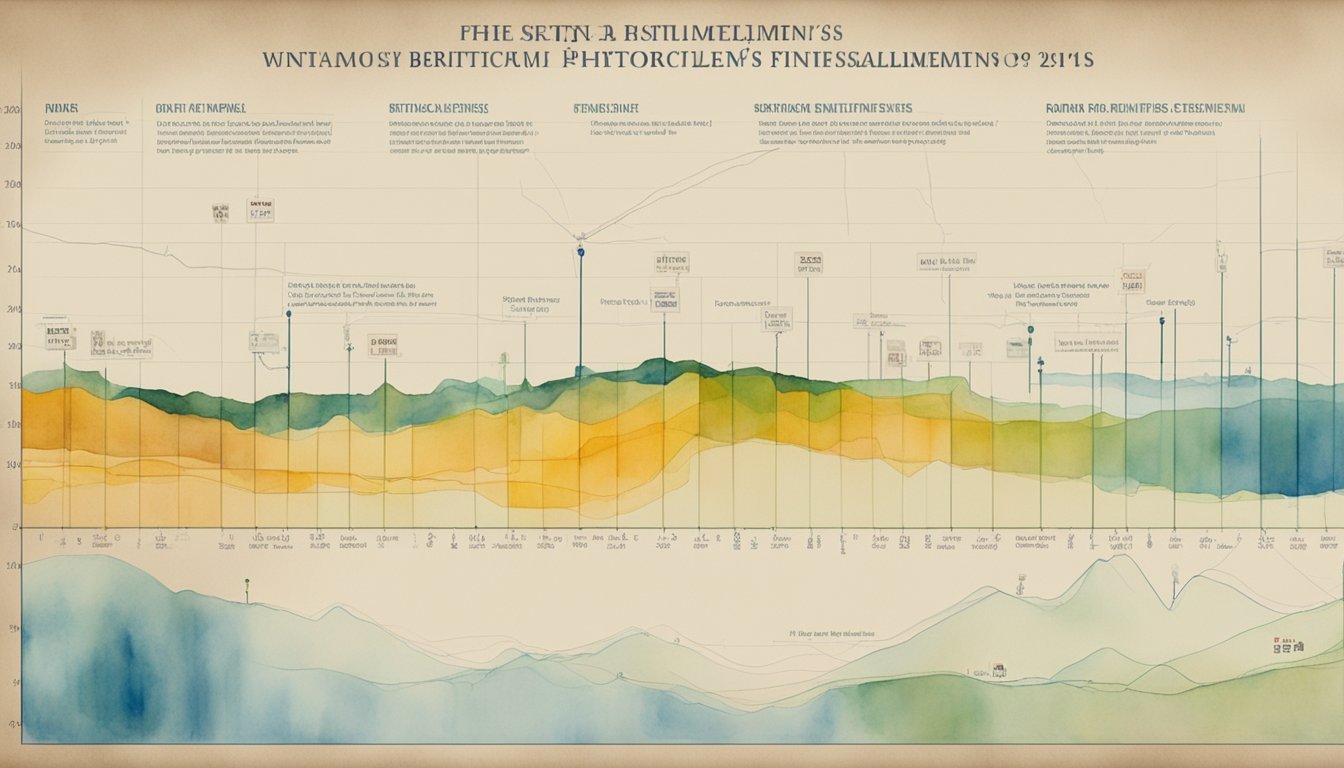British Petroleum’s Historical Fines and Settlements

British Petroleum (BP), a major global oil corporation, has been subject to significant fines and settlements over the years, particularly in relation to environmental disasters in the United States.
Government and Legal Response
In response to the Deepwater Horizon spill, one of the worst environmental disasters in U.S. history, BP faced formidable legal challenges. The Department of Justice enforced a monumental settlement and fines against BP. These penalties went beyond the Clean Water Act and the Oil Pollution Act to encompass various criminal charges and civil claims. Judge Carl Barbier played a crucial role in the judicial proceedings. The government response included the Environmental Protection Agency (EPA) reaching a settlement with BP, where the corporation was required to pay a criminal penalty as part of its guilty plea for misconduct and negligence.
Economic and Environmental Impact
The economic and environmental repercussions of BP’s incidents have been profound. The $4.5 billion fine for the Deepwater Horizon disaster was a component of a broader compensation framework, aiming to restore the damaged Gulf Coast region. This sum included funds for the National Fish and Wildlife Foundation and was a part of a larger $20 billion trust fund for restitution and restoration efforts. BP’s settlement also channeled resources towards the RESTORE Act, signifying an overarching commitment by the oil company and the U.S. government to support the environmental recovery process.
Deepwater Horizon Disaster Overview

In 2010, the Deepwater Horizon oil rig, operated by BP, suffered a catastrophic failure that led to the largest marine oil spill in U. S. history, affecting vast swathes of the Gulf of Mexico. The disaster had devastating environmental consequences, harming marine life, coastal ecosystems, and local fishing industries. As scientists studied the long-term effects of the spill, some residents exposed to the contaminated air and water began experiencing health issues, prompting concerns like, “why are my lips so dry? ” due to potential exposure to toxic chemicals.
Effects on Wildlife and Ecosystems
The Deepwater Horizon disaster released an estimated 4.9 million barrels of oil into the Gulf of Mexico. This spill had a profound impact on regional wildlife, contaminating habitats and coating birds and marine animals with crude oil. Mangroves and coastal wetlands in Louisiana were smothered by the oil, leading to significant losses in these vital nurseries for fish. The long-term changes in the Gulf’s ecosystems are still being studied, but immediate effects like dramatic declines in the populations of various species were evident. Learn more from this detailed AP News article on the environmental consequences.
Restoration and Recovery Efforts
In response to the disaster, BP agreed to a multibillion-dollar settlement for natural resource damages. This included a criminal fine, of which a substantial sum was allocated to the National Fish and Wildlife Foundation to fund environmental recovery and restoration projects across the Gulf states. Efforts have focused on rebuilding the health of the Gulf, with progress seen in the rebound of certain fish populations. In addition, the Natural Resource Damage Assessment has been pivotal in guiding the restoration activities to address the long-term environmental damages of the Deepwater Horizon spill.

